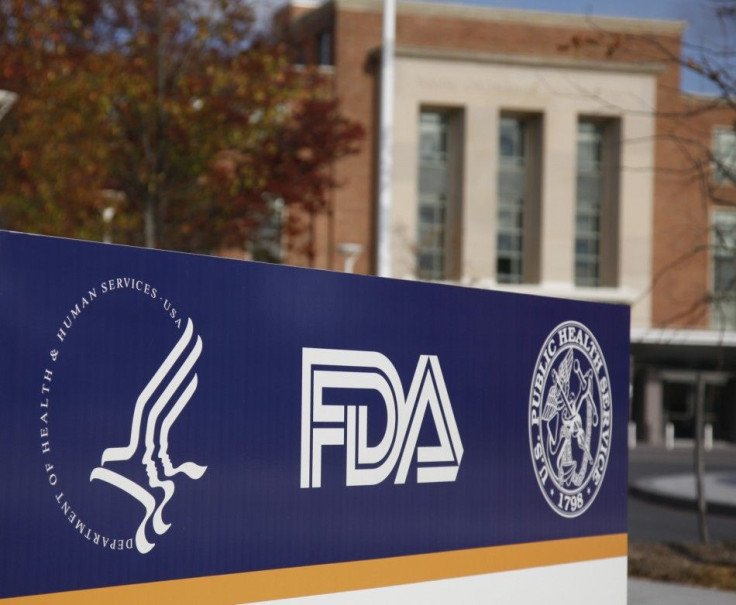MELA Sciences Skin Cancer Detection Device Wins FDA Approval

The U.S. Food and Drug Administration has issued a premarket approval letter for a new skin cancer detection tool produced by MELA Sciences Inc., signaling the end of a seven-year legal battle between the company and the FDA.
The FDA sent the letter to MELA Sciences on Thursday night, saying the device would be approved pending some final negotiations, according to the company's Web site. MELA Sciences intends to work with the FDA to finalize the physician and patient labeling, package insert, user's guide, training program and clinical protocol to receive final approval.
The detection tool, called MelaFind, allows doctors to diagnose melanoma in a systematic way by using a specialized camera to capture an image of the lesion that is then analyzed by a computer using an algorithm developed on thousands of previous patients.
The company has worked tirelessly to develop an objective tool to help dermatologists detect melanoma at its earliest, most curable stages, Joseph V. Gulfo, MELA Sciences President and CEO, said in a statement. Although melanoma is virtually 100% curable if detected at its earliest stage, one American dies from the disease every hour. We firmly believe that MelaFind has the potential to lower those tragic numbers.
Physicians usually diagnose melanoma by analyzing a skin lesion's asymmetry, border irregularity, color and diameter, a process that some dermatologists say can lead to unnecessary biopsies and false negatives -- failing to detect the cancer when it is actually present.
Melanoma - Deadliest Skin Cancer
Melanoma is the deadliest form of skin cancer, but only accounts for 5 percent of skin-cancer cases, the American Cancer Society reports. The organization estimates there will be more than 70,000 new cases of invasive melanoma and about 8,800 melanoma deaths in 2011.
The MelaFind diagnostic tool is 98.3 percent effective in identifying melanoma lesions, according to a study published in the Archives of Dermatology in October 2010. The study, which was commissioned by MELA Sciences, included 1,383 patients with 1,632 skin lesions.
In comparison, a companion study of 110 dermatologists found that physicians are 72 percent effective in diagnosing a melanoma lesion by sight.
Last year, the FDA rejected the MelaFind, saying the company needed to conduct a new clinical trial because the device had not been adequately studied and could be a public health risk if it missed cases of melanoma. Following the rejection, MELA Sciences filed a citizen's petition to FDA Commissioner Margaret Hamburg in an effort to overturn the agency's decision.
The approvable letter sent to MELA Sciences does not require the company to conduct an additional study. By sending the letter, the FDA has indicated the MelaFind has a reasonable assurance of safety and effectiveness, the Wall Street Journal reports.
Earlier this month, the MelaFind was approved for marketing in 27 European nations.
© Copyright IBTimes 2024. All rights reserved.











